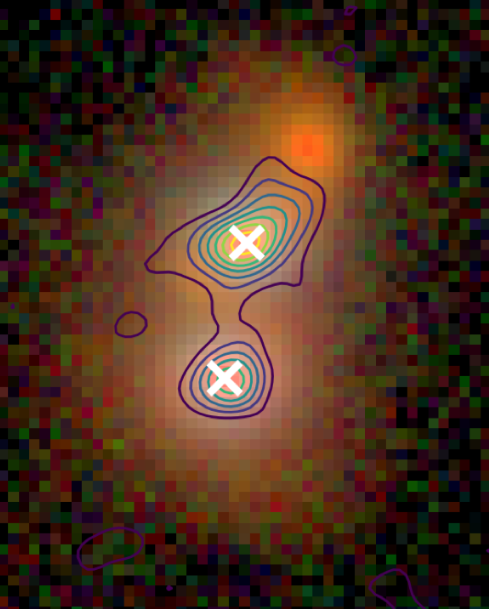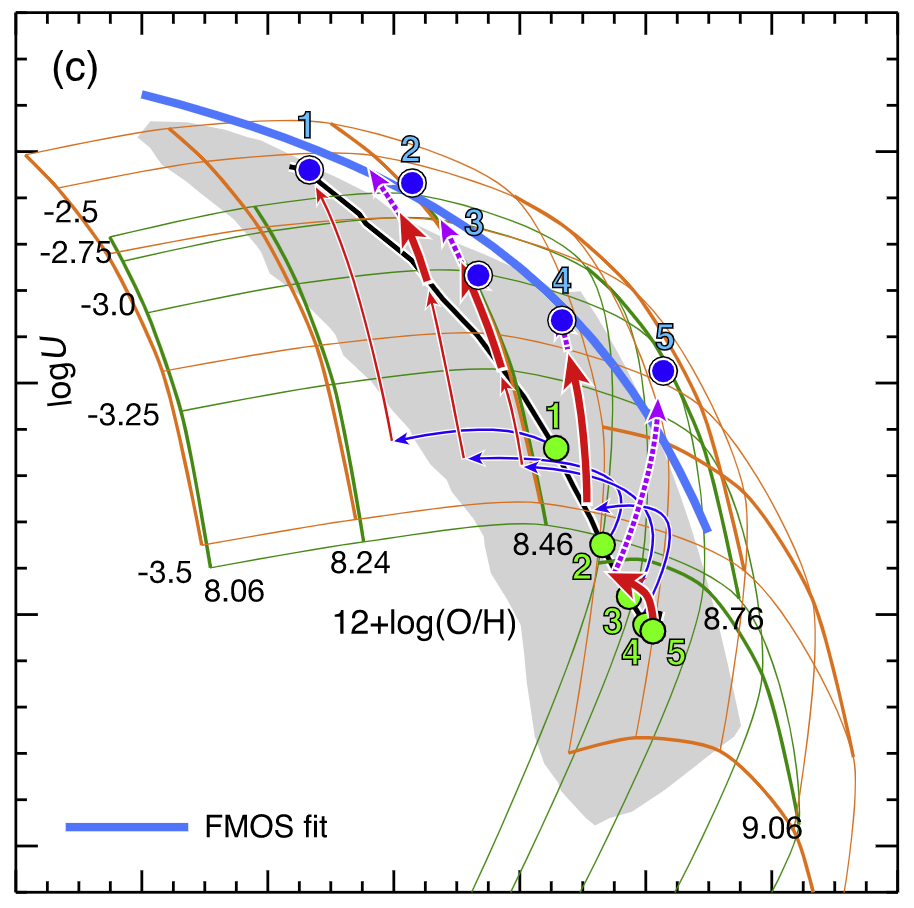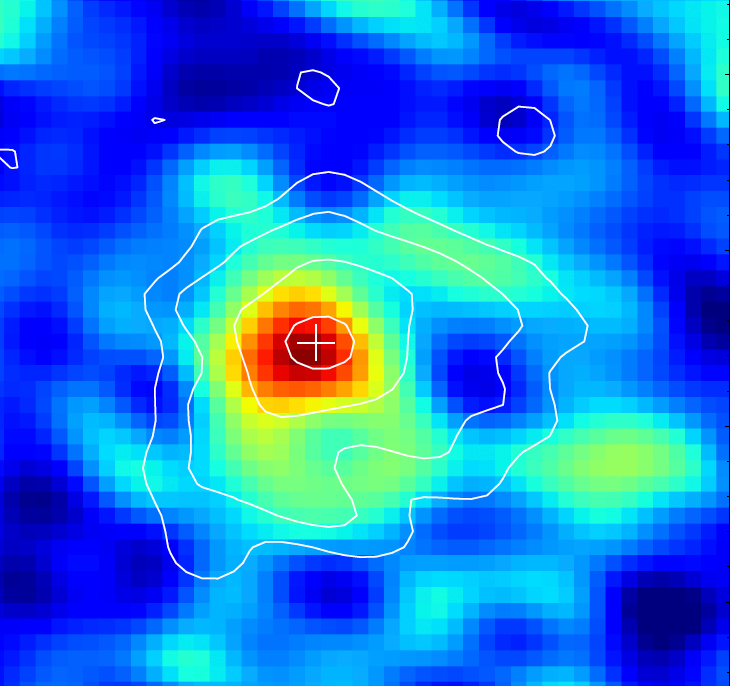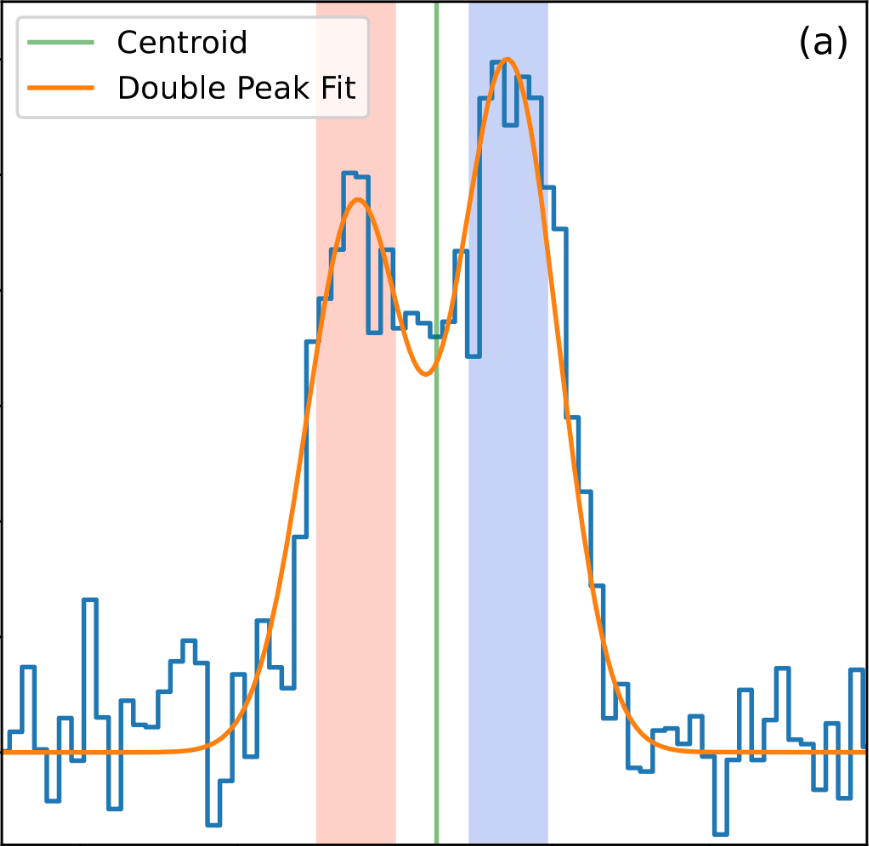The different phases of the interstellar medium provide information on the evolutionary state of galaxies and those hosting AGN. We are using ALMA to study the cold molecular gas and dust content of galaxies in the distant universe (z > 1) where star formation and black hole growth peaked. Multi-object spectroscopy (FMOS, PFS) in the infrared provides key diagnostic emission lines to measure the chemical composition, ionization state, and density of the warm ISM. With many targets falling within the COSMOS-Web survey, JWST imaging provides the needed detection of the underlying stars and those obscured within the central bulges.




Publications
Silverman, J.D, Daddi, E., Tan, Q.-H., Liu, Z. et al. MNRAS, submitted
Liu, Z., Silverman, J. D., Daddi, E. et al. 2025, MNRAS, 542, 397
Tang, S., Silverman, J. D., Liu, Z. et al. 2025, MNRAS, 538, 3001
Liu, Z., Silverman, J. D., Daddi, E. et al. 2024, ApJ, 968, 15
Fujimoto, S., Silverman, J. D., Bethermin, M. et al. 2020, ApJ, 900, 1
Schulze, A., Silverman, J. D., Daddi, E. et al., 2019 MNRAS, 488, 1180
Kassinen, M., Kewley, L. et al. 2018, MNRAS, 477, 5568
Silverman, J. D., Daddi, E., Ruojopakarn, W. et al., 2018 ApJ, 868, 75
Silverman, J. D., Ruojopakarn, W., Daddi, E. et al., 2018 ApJ, 867, 92
The FMOS-COSMOS Survey of Star-forming Galaxies at z ≈ 1.6. IV. Excitation State and Chemical Enrichment of the Interstellar Medium
Kashino, D., Silverman, J., Sanders, D. B. et al. 2017, ApJ, 835, 88